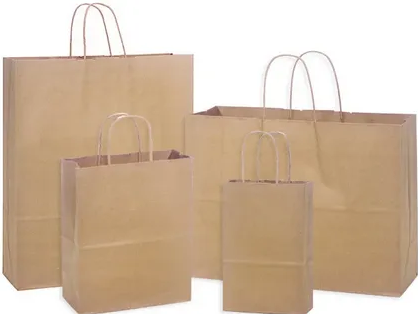Chef Wear Pants | Functionality, Comfort, and Style in Professional Kitchen Attire
Chef wear pants are an essential component of the culinary uniform, designed not only for practicality but also to uphold standards of hygiene, safety, and professionalism in the kitchen environment. This article delves into the importance of chef wear pants, their key features, materials used, and considerations when choosing the right pair.
Importance of Chef Wear Pants
In the culinary world, chef wear pants serve several critical purposes beyond simply completing the uniform. They are designed to:
1. Maintain Hygiene
Chef pants are typically made from materials that are easy to clean and resistant to stains. In a fast-paced kitchen environment where spills and splatters are common, these pants help maintain cleanliness and prevent cross-contamination.
2. Ensure Safety
Kitchen safety is paramount, and chef pants are often designed with features like reinforced stitching, heat-resistant fabrics, and loose-fitting designs to prevent accidents and injuries from hot liquids, flames, or sharp objects.
3. Promote Professionalism
A chef’s appearance reflects the standards of the establishment they represent. Neatly pressed and well-fitted chef pants contribute to a professional image and instill confidence in both customers and staff.
4. Provide Comfort
Chefs spend long hours on their feet, often in hot and humid conditions. Chef pants are designed to be breathable, lightweight, and comfortable, allowing for ease of movement and ventilation to keep chefs cool and focused on their culinary tasks.
Key Features of Chef Wear Pants
1. Fabric
Chef pants are typically made from durable fabrics such as cotton, polyester blends, or specially treated materials like ripstop fabric, which is resistant to tearing and abrasions. Cotton is favored for its breathability, while polyester blends offer enhanced wrinkle resistance and durability.
2. Design
The design of chef pants often includes features tailored to the specific needs of chefs:
Elastic Waistbands: Provide flexibility and comfort during long hours of standing and bending.
Drawstrings: Allow for adjustability and ensure a secure fit.
Cargo Pockets: Provide convenient storage for tools, pens, and other essentials.
Reinforced Knees: Offer durability and protection in high-wear areas.
Tapered Legs: Prevent tripping hazards and maintain a professional appearance.
3. Color and Style
Traditionally, chef pants come in classic colors such as black, white, or checkered patterns (often referred to as houndstooth or pinstripes), aligning with the formal nature of culinary attire. However, modern trends have seen an evolution towards more contemporary styles and colors to reflect diverse culinary environments and personal preferences.
Choosing the Right Chef Wear Pants
1. Comfort and Fit
Comfort is paramount in choosing chef pants. Look for pants with a comfortable waistband, ample room in the thighs and hips for unrestricted movement, and a length that allows for easy footwear compatibility.
2. Fabric Quality
Opt for fabrics that are breathable, moisture-wicking, and easy to clean. Consider the kitchen environment and choose fabrics that offer durability and stain resistance while maintaining comfort.
3. Functional Features
Evaluate the design elements that enhance functionality, such as pockets for tools and utensils, reinforced seams for longevity, and features that accommodate specific kitchen roles or preferences.
4. Compliance with Standards
Ensure that the chef wear pants comply with health and safety regulations, including hygiene standards and industry-specific requirements for kitchen attire.
Care and Maintenance
To prolong the lifespan of chef wear pants and maintain their functionality:
Follow the manufacturer’s care instructions regarding washing and drying.
Treat stains promptly to prevent them from setting into the fabric.
Avoid excessive heat when ironing to prevent damage to heat-sensitive fabrics.
Rotate pants regularly to minimize wear and tear.
Conclusion
Chef wear pants are more than just a uniform requirement; they are integral to the functionality, comfort, and professionalism of chefs in the kitchen. By choosing pants that prioritize comfort, durability, and functionality, chefs can focus on their culinary expertise with confidence. Whether in classic designs or modern interpretations, chef pants continue to evolve to meet the diverse needs of culinary professionals while upholding standards of hygiene, safety, and style.




Comments
Post a Comment